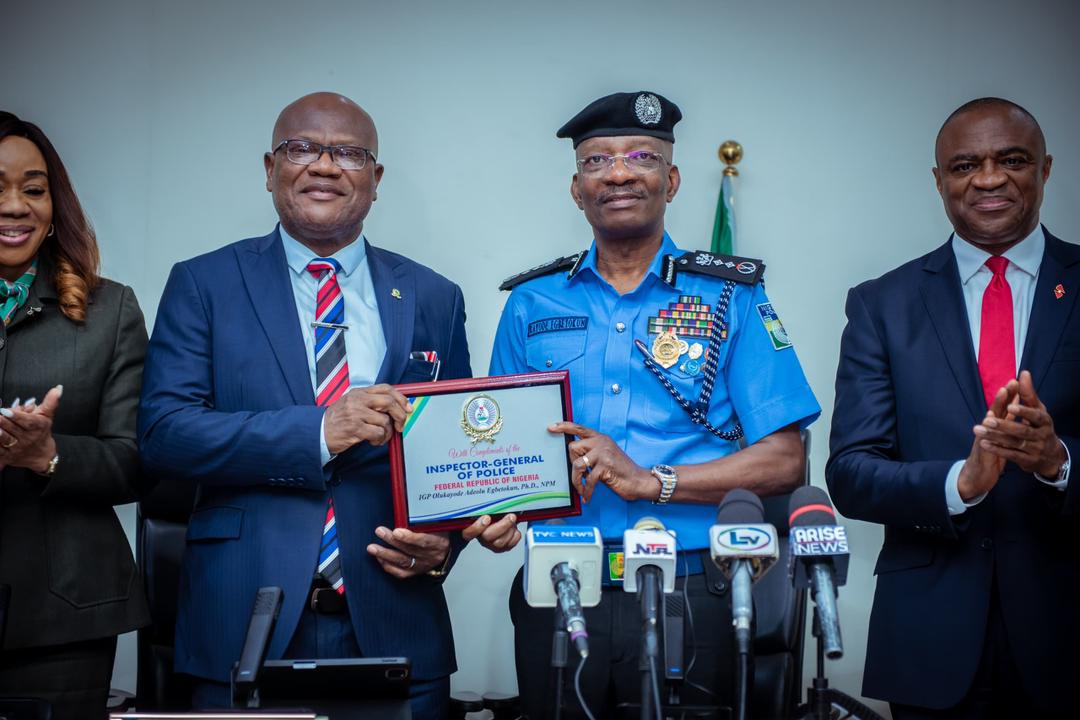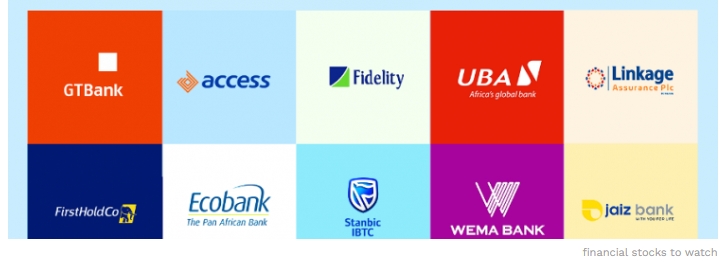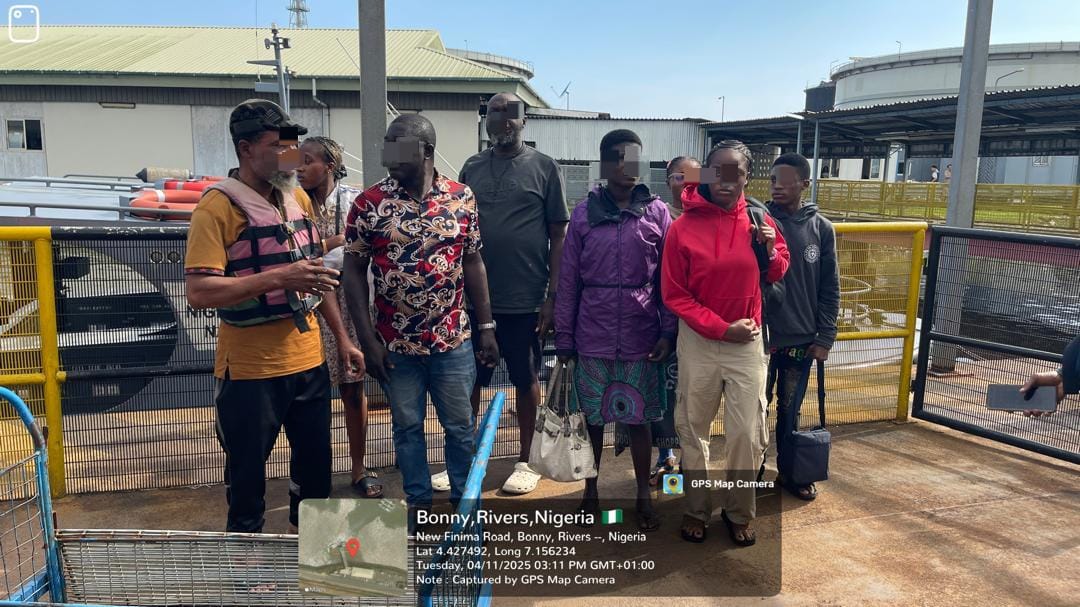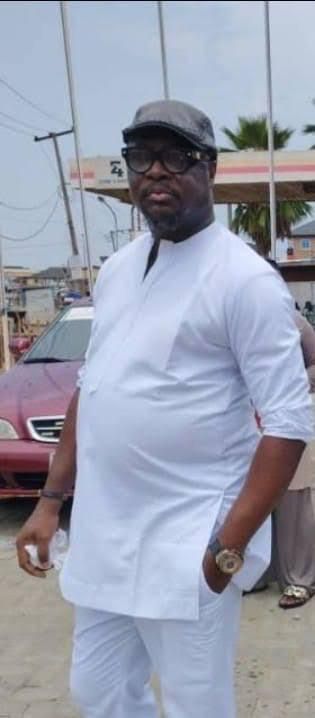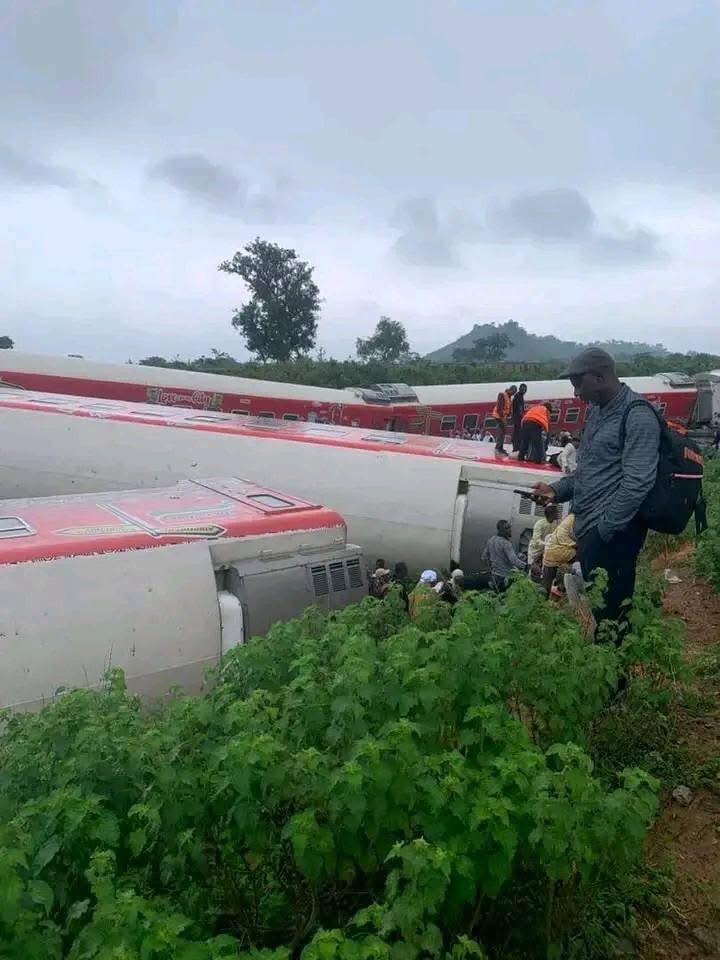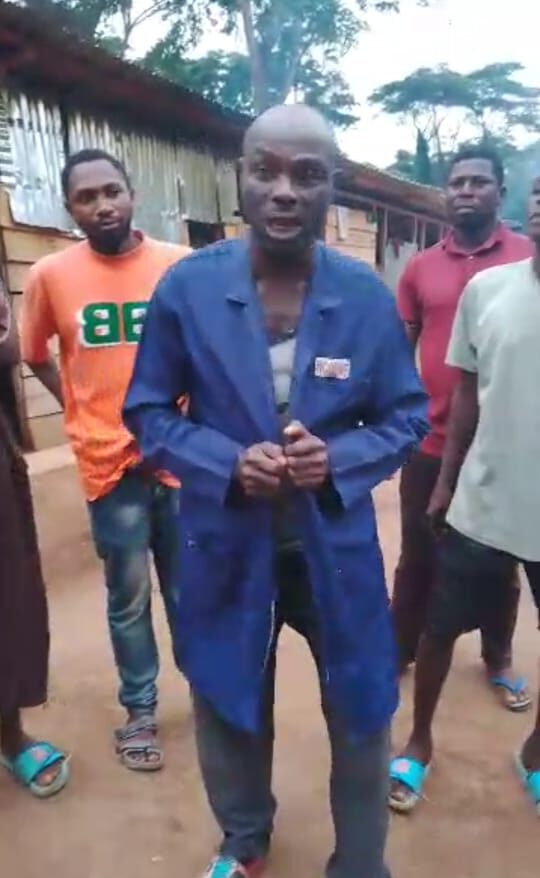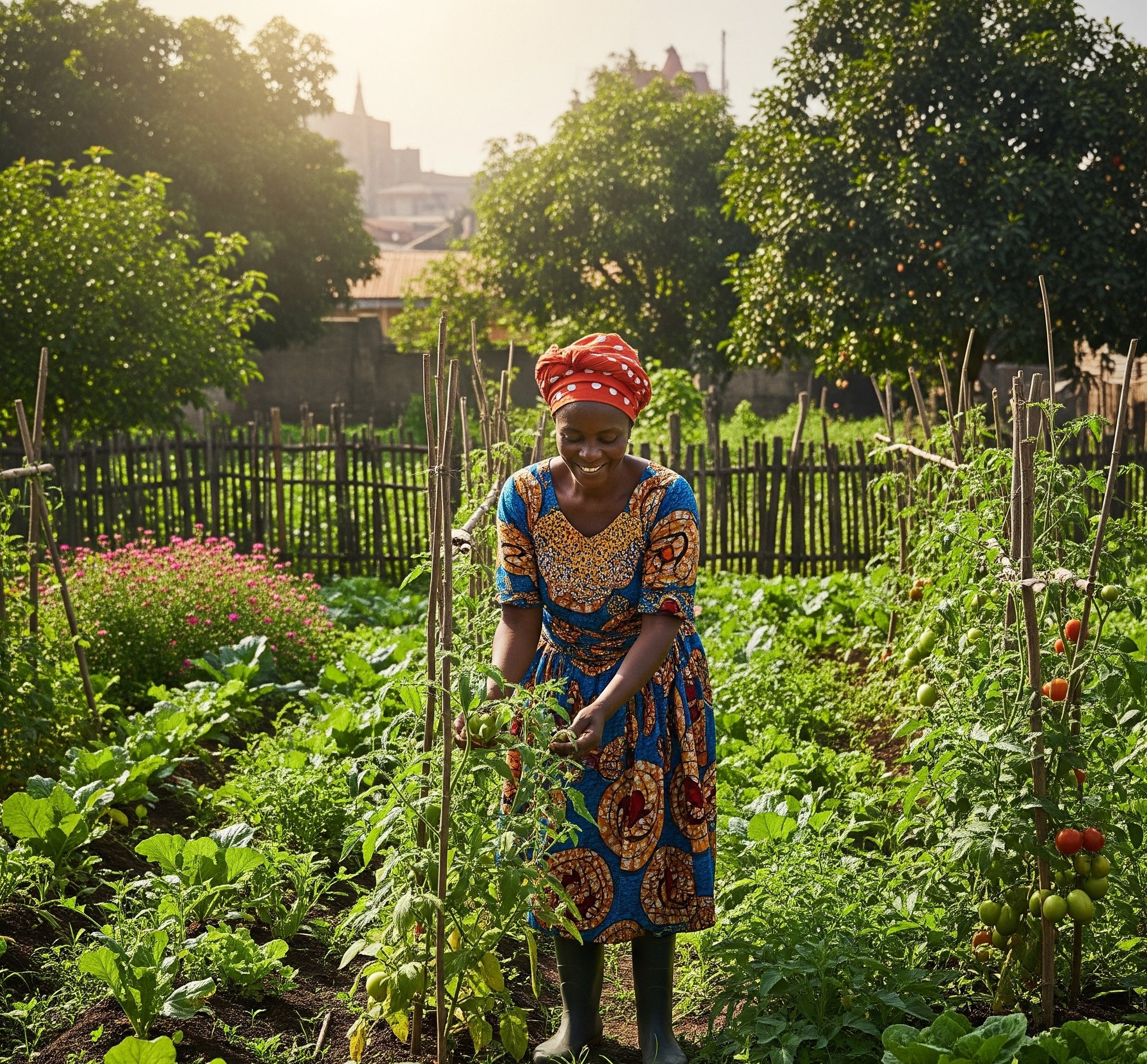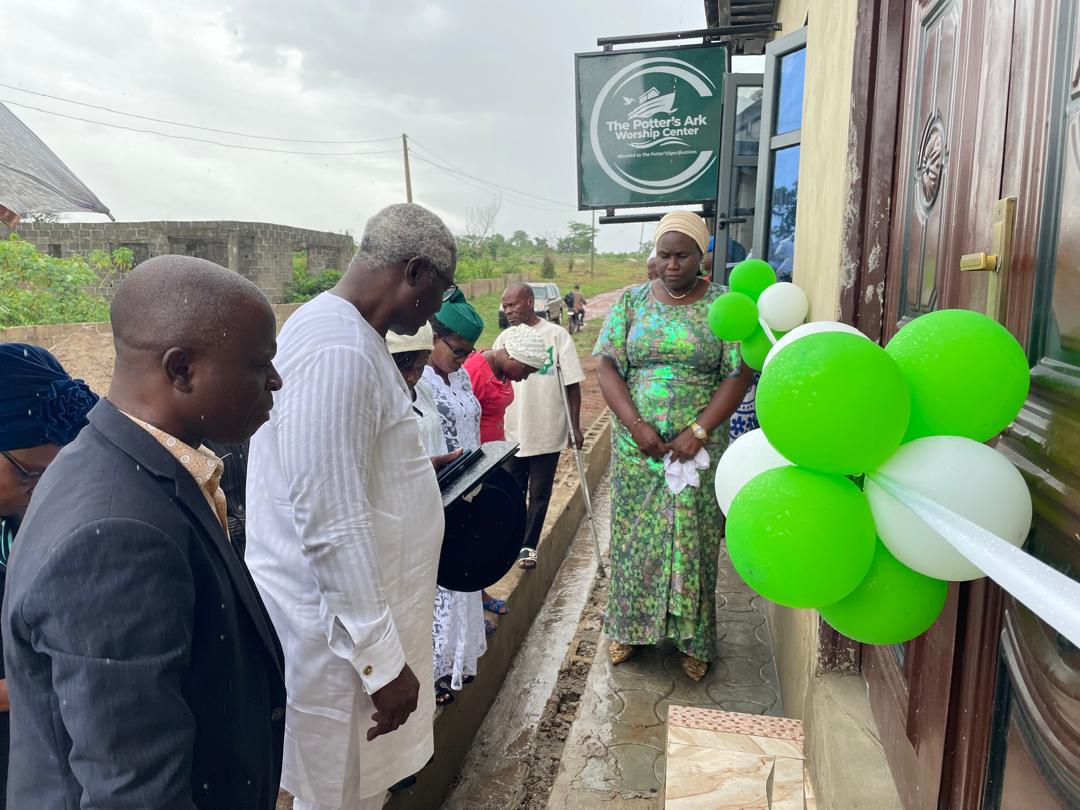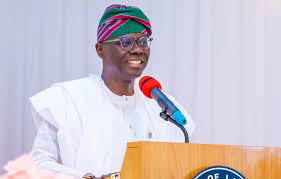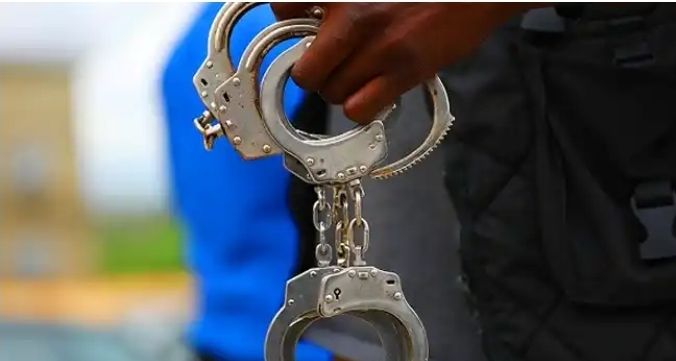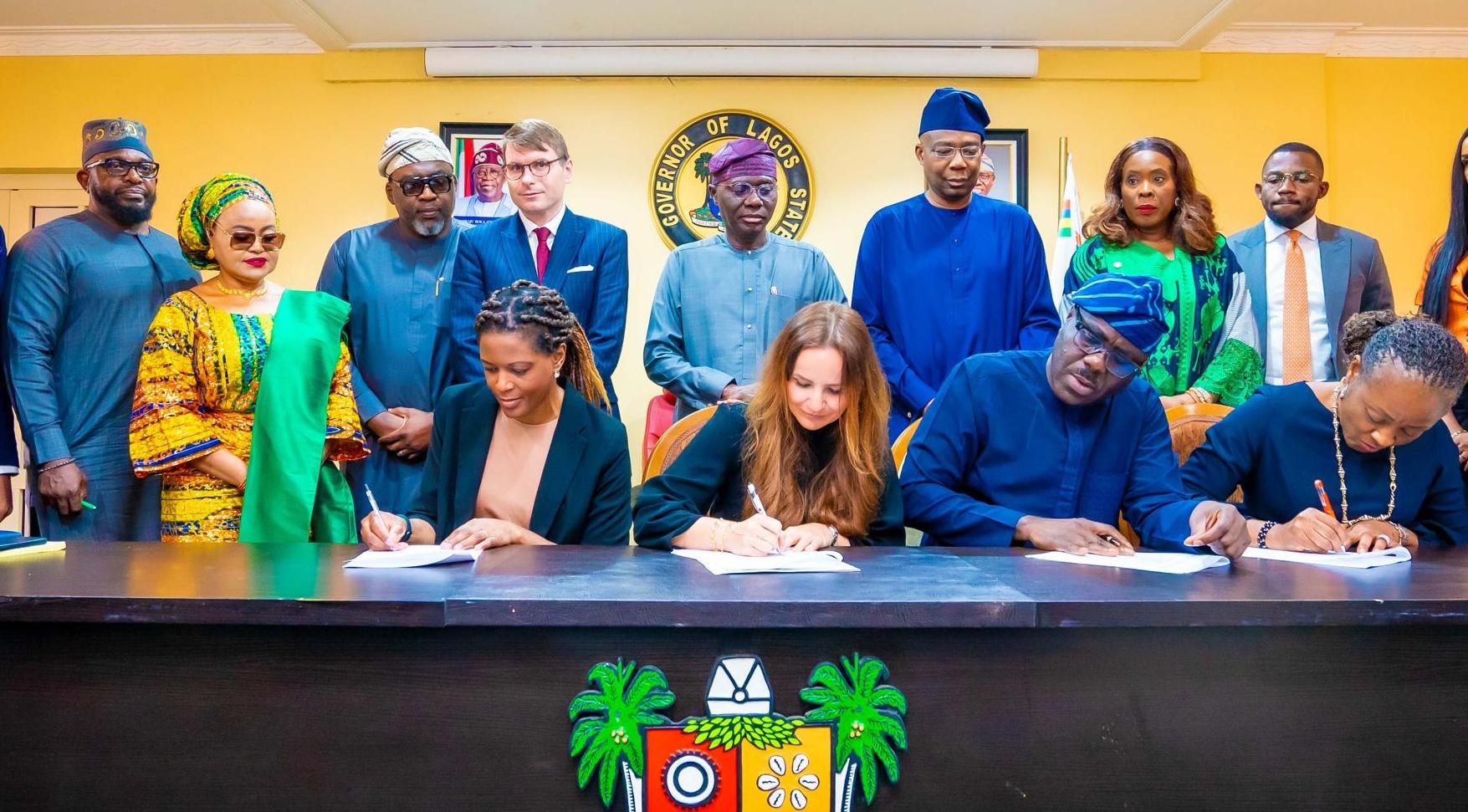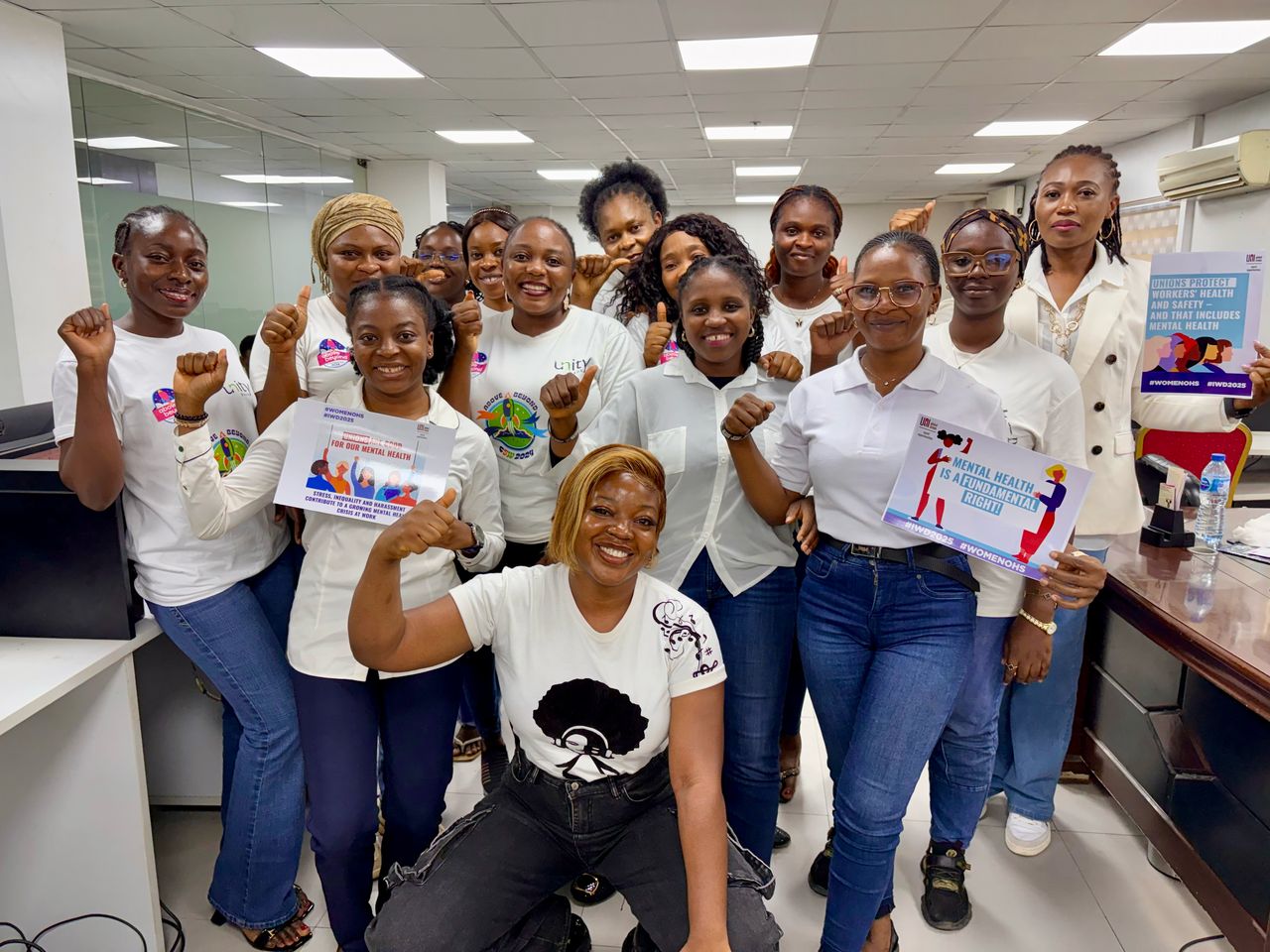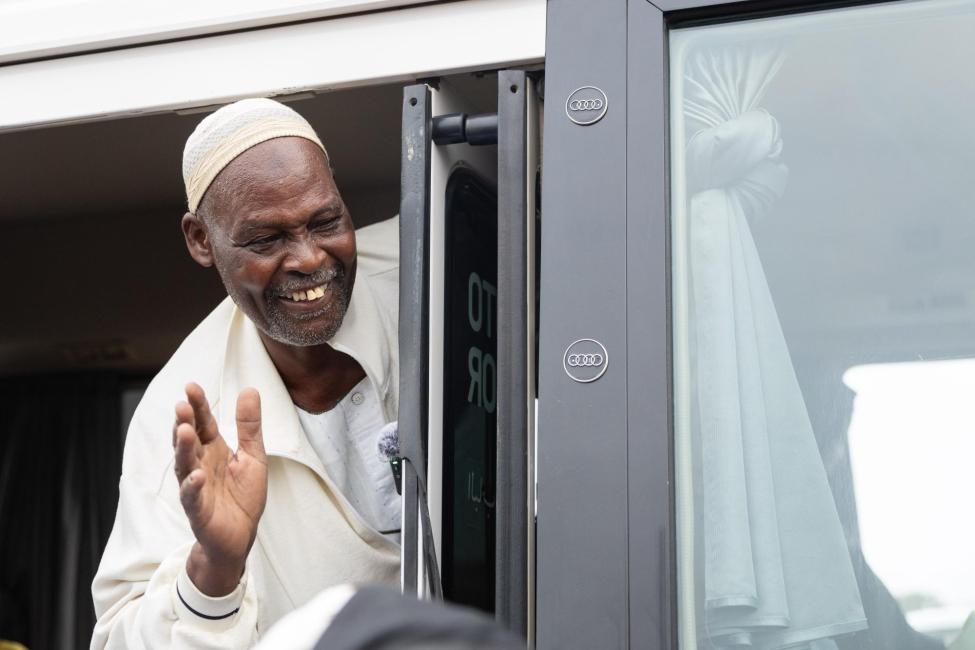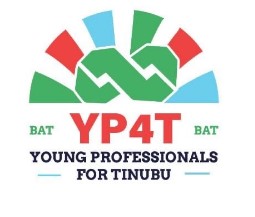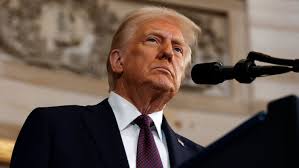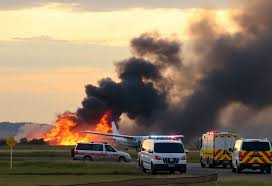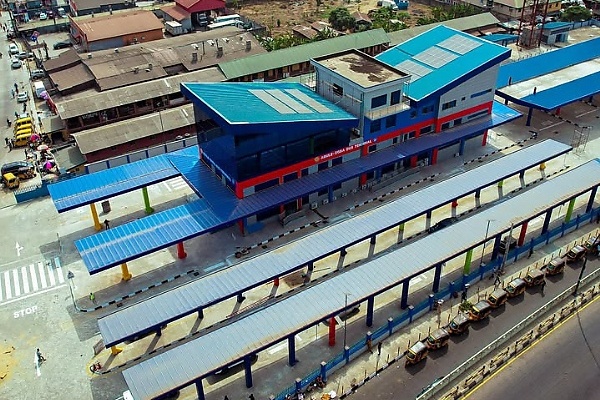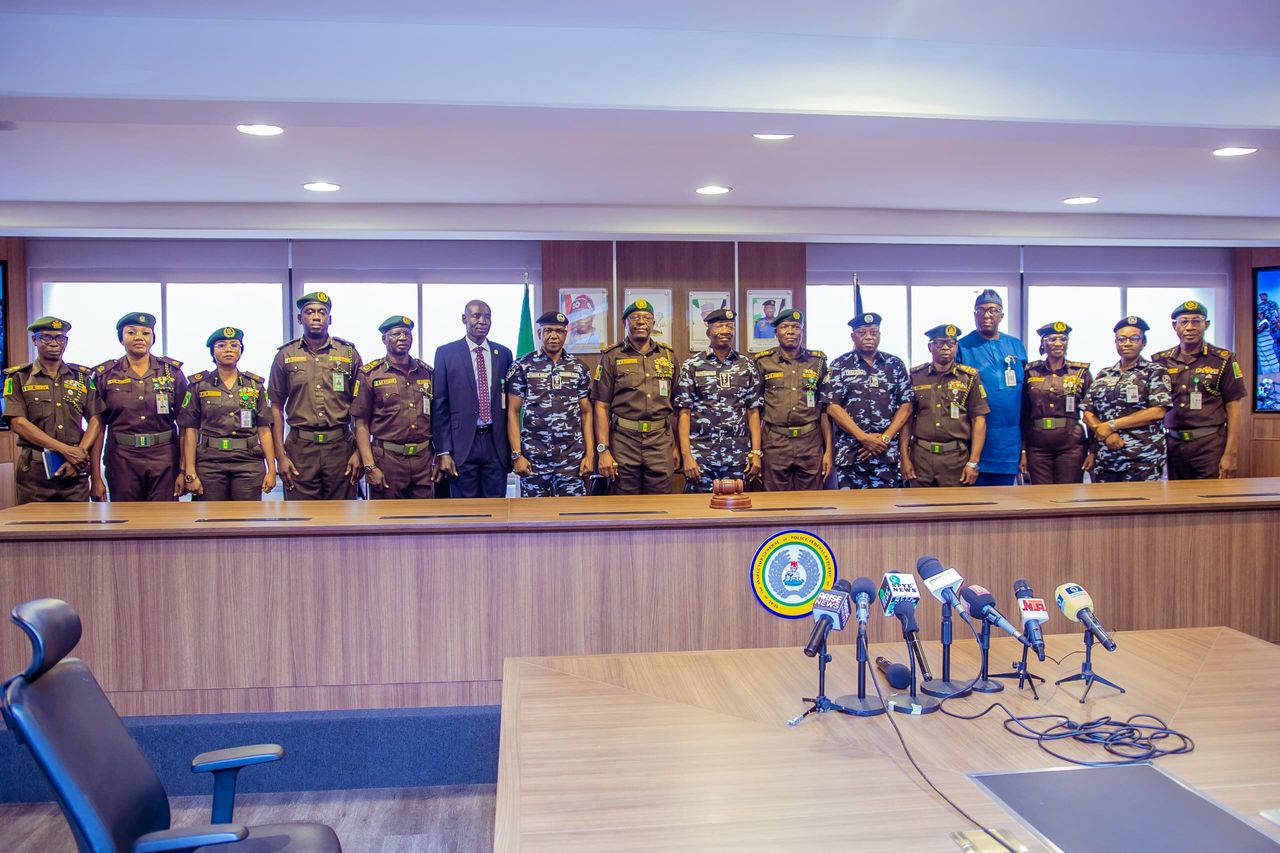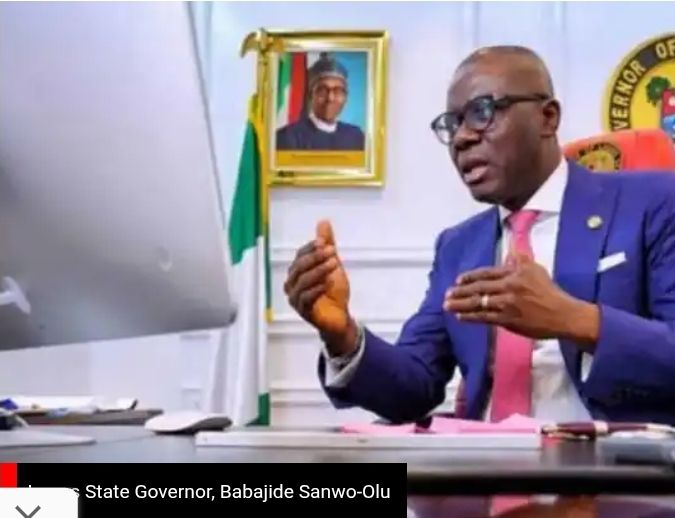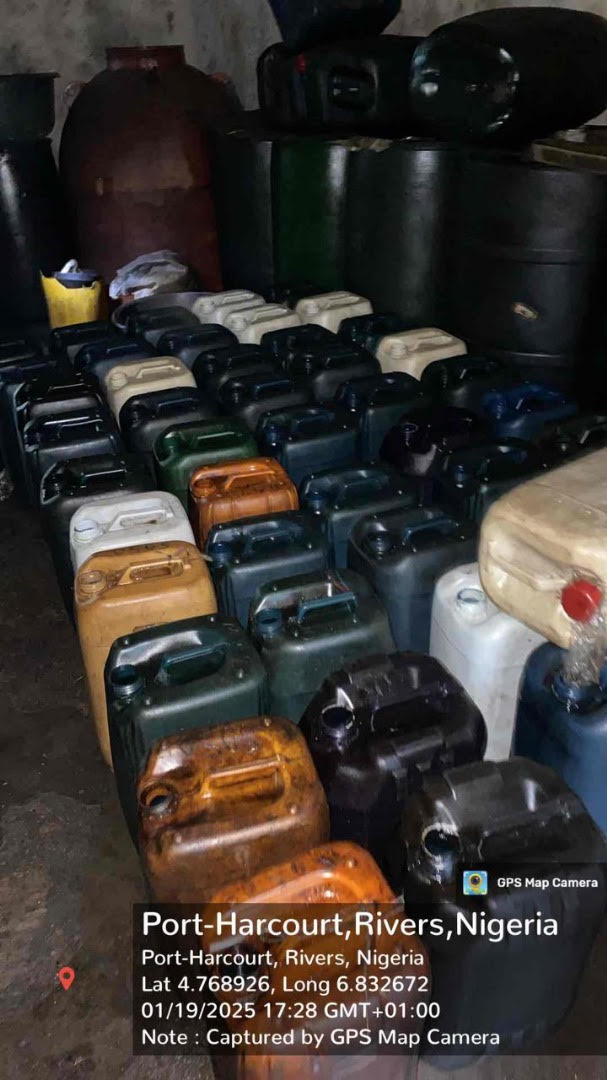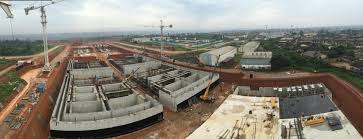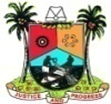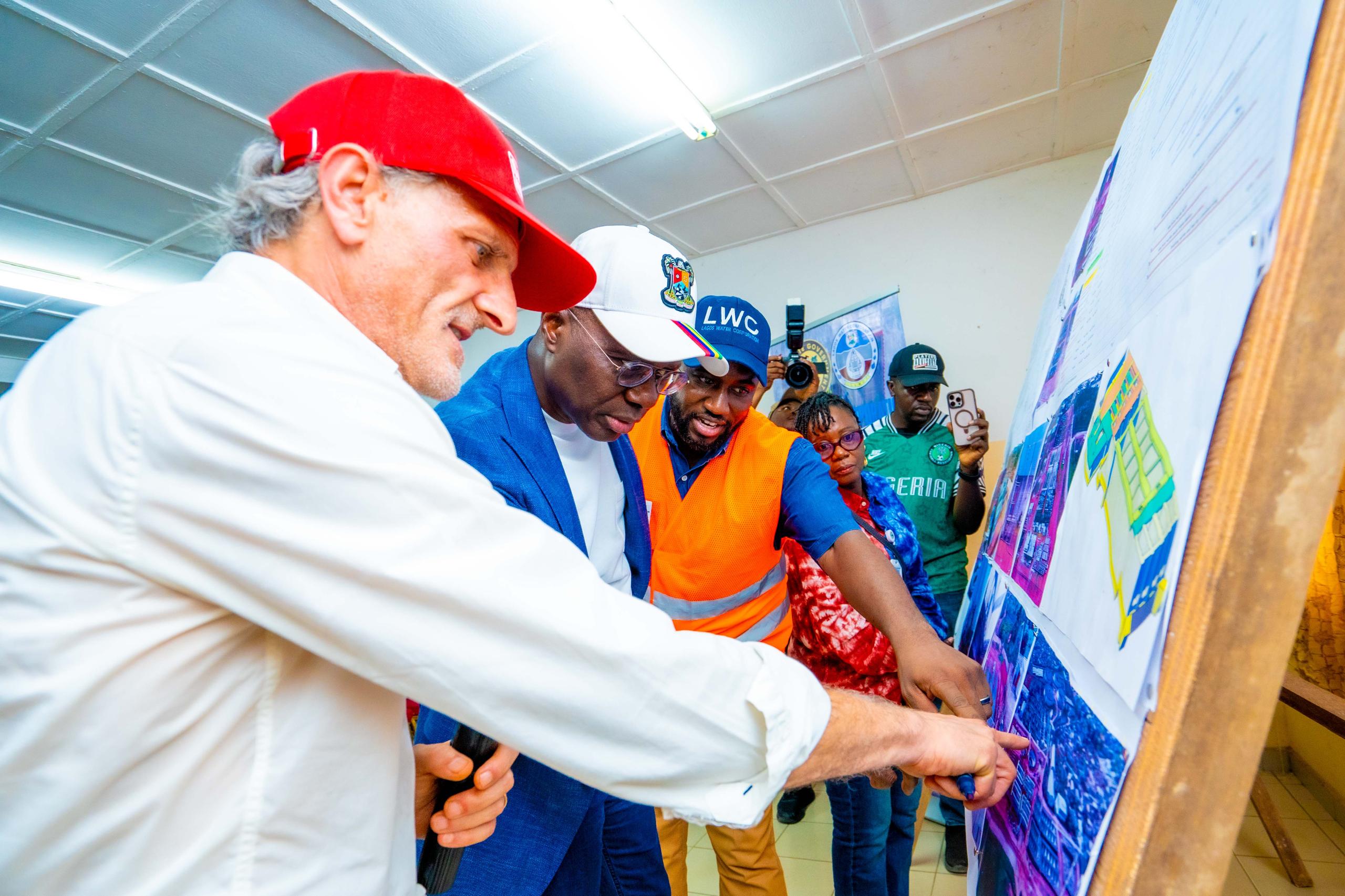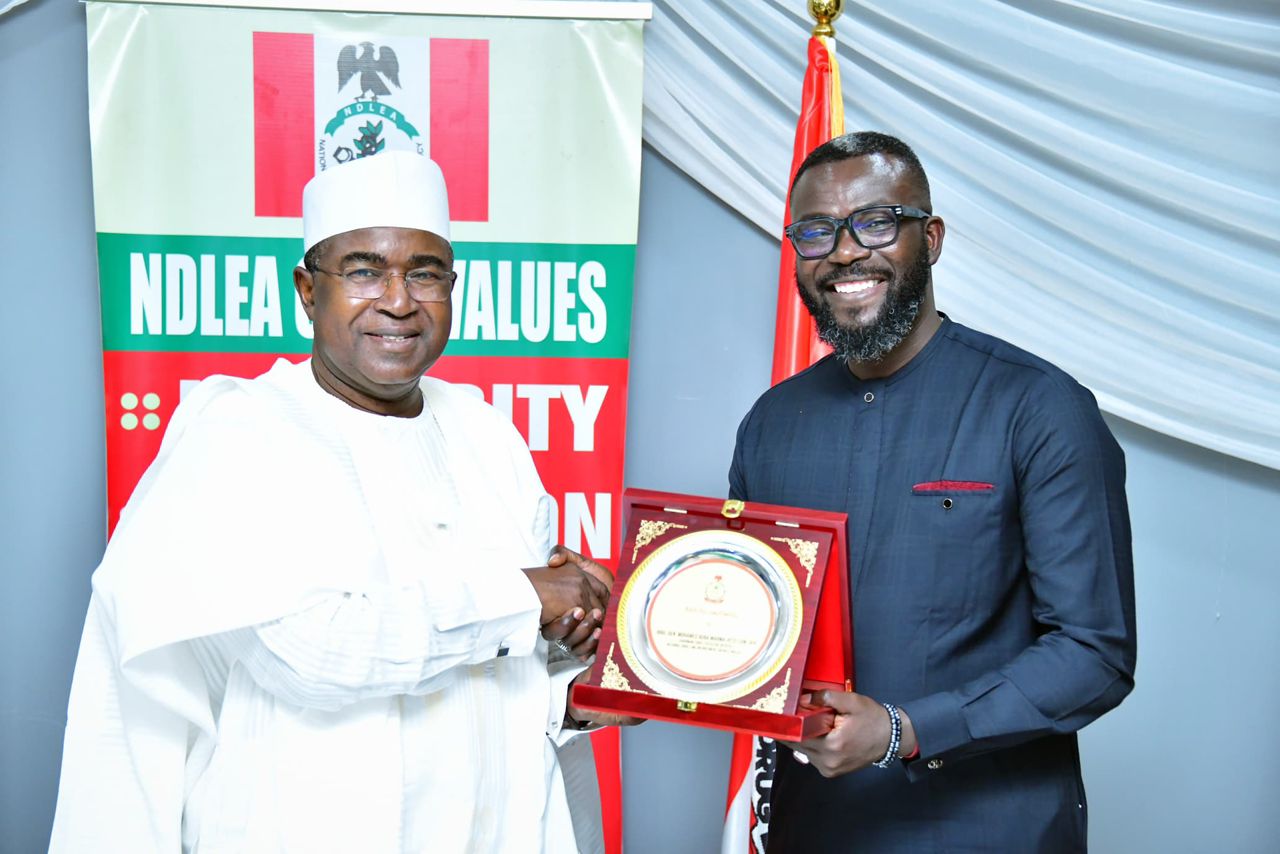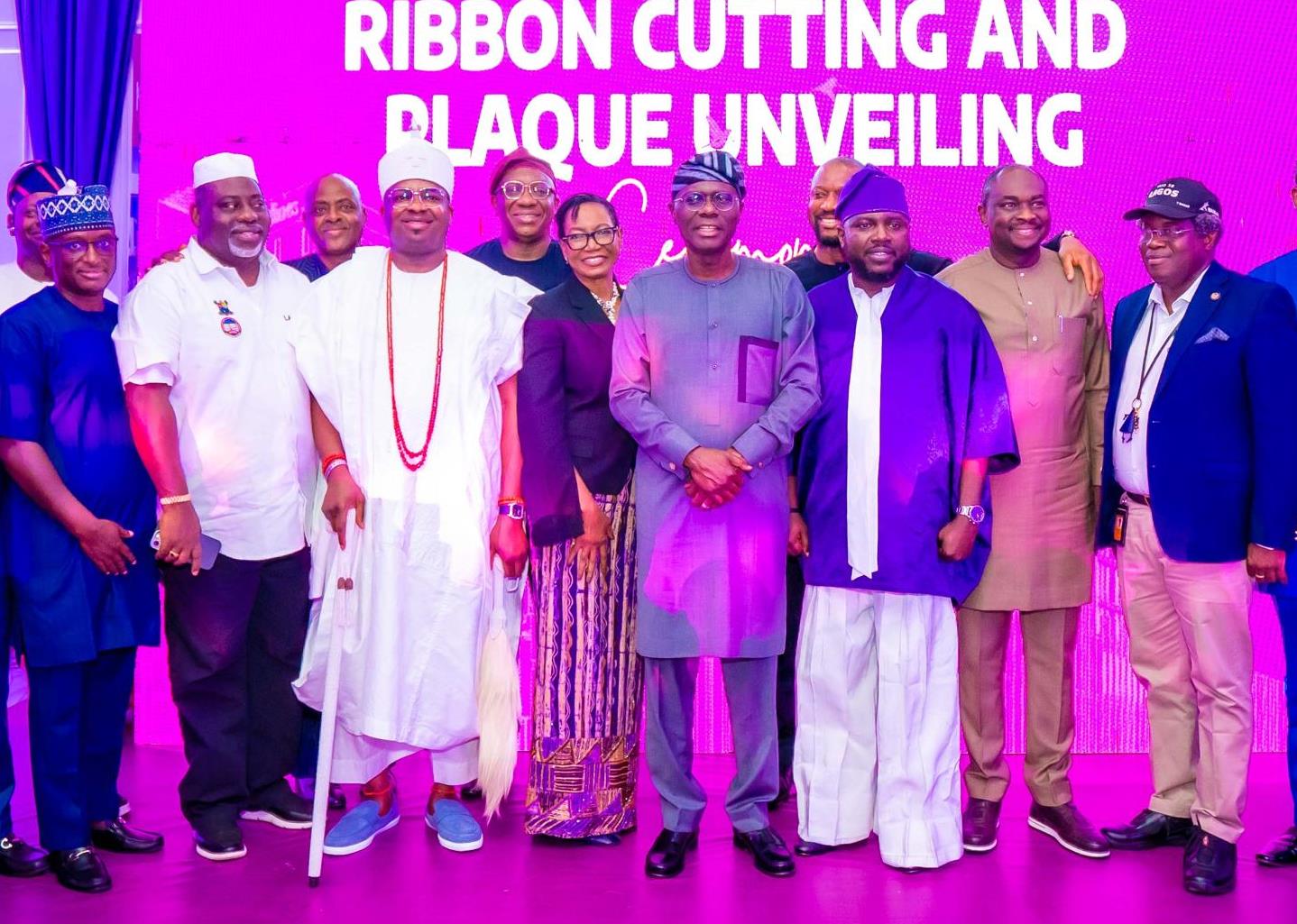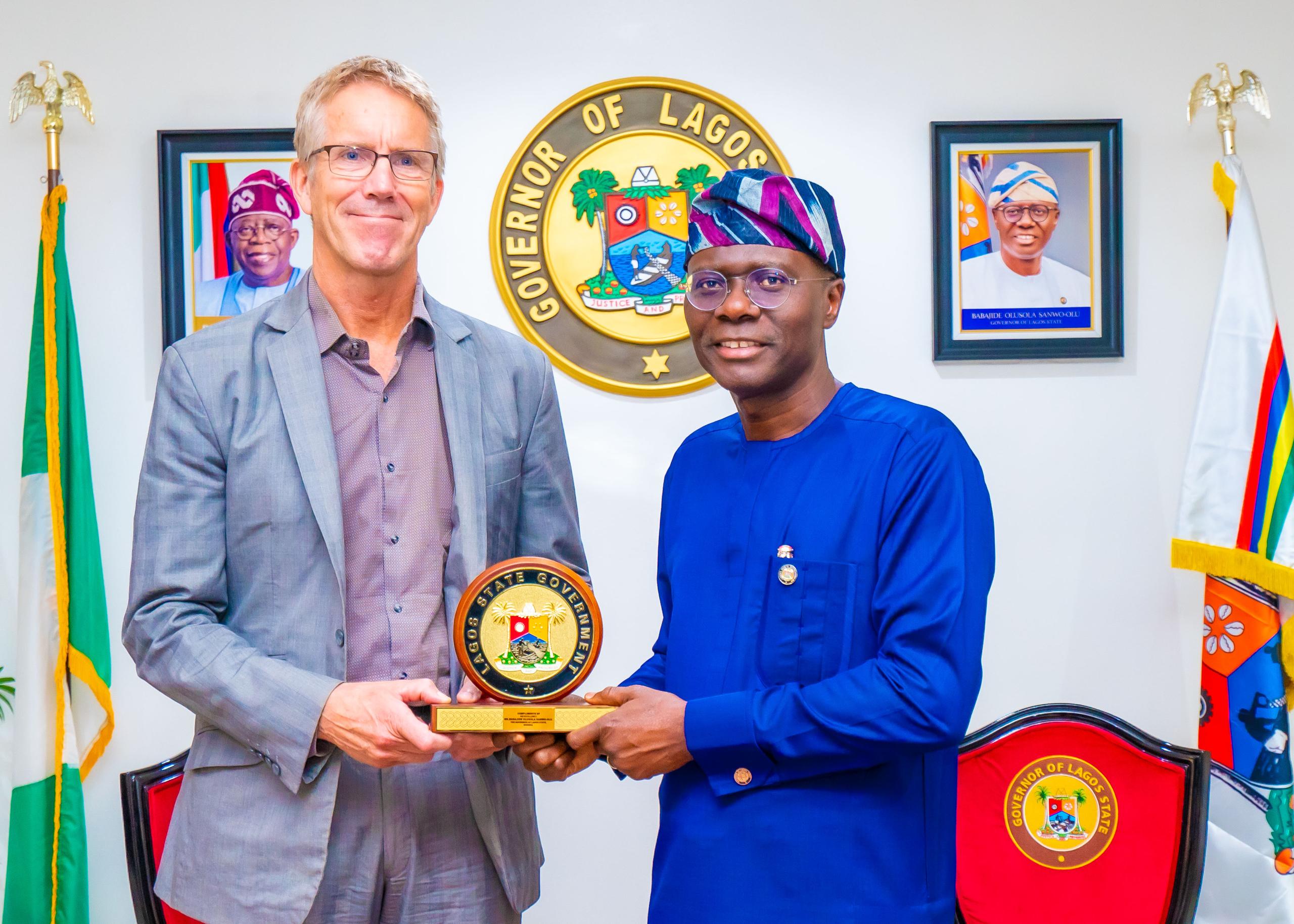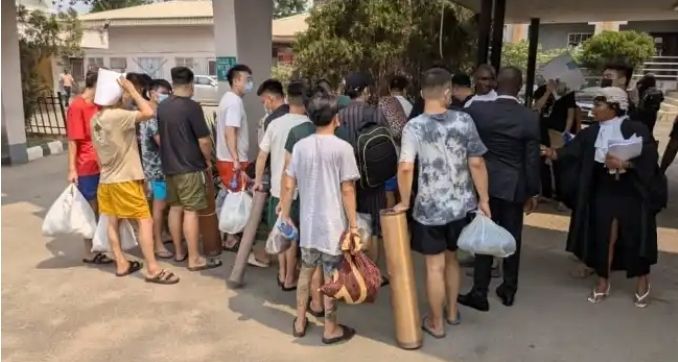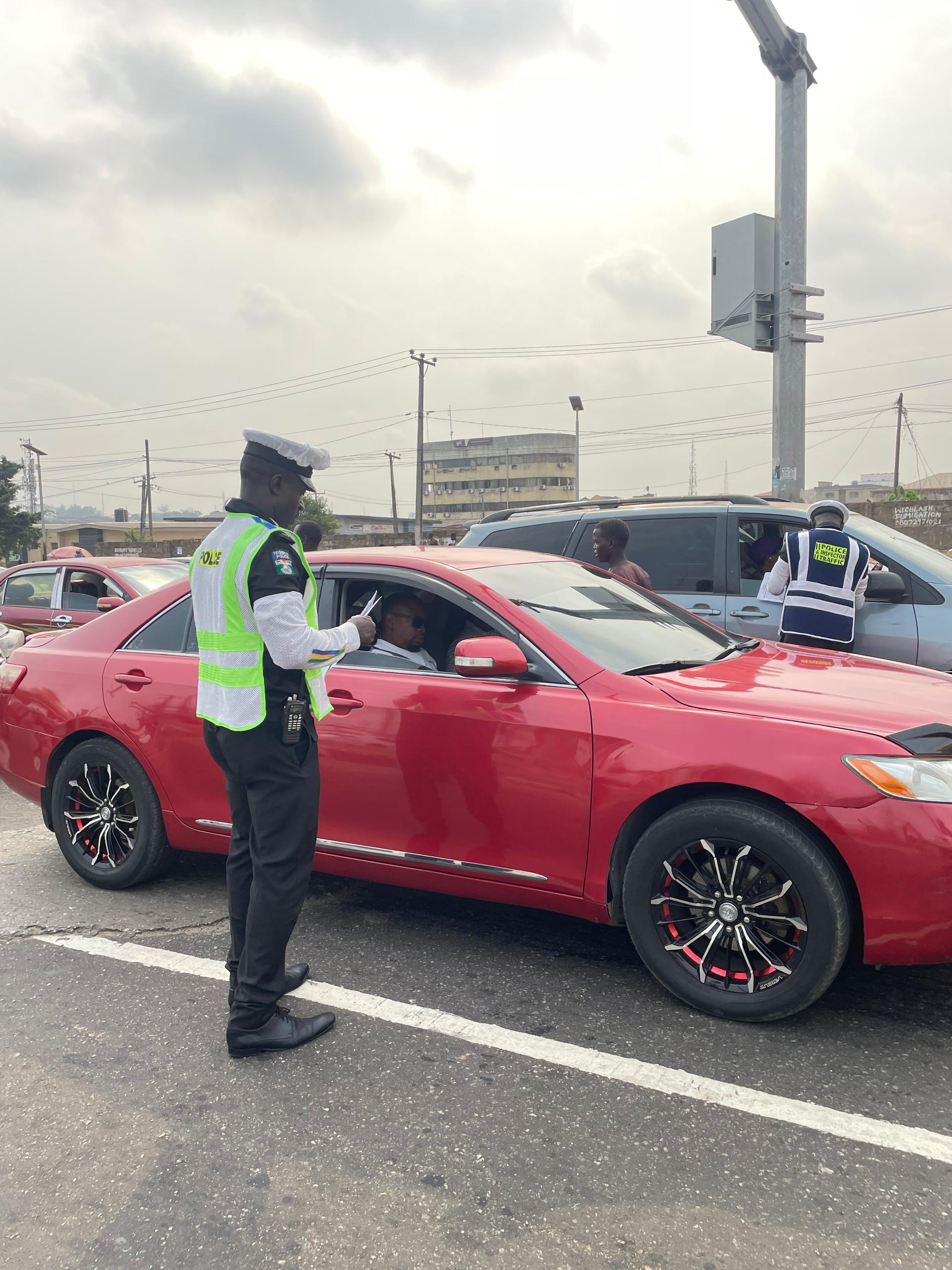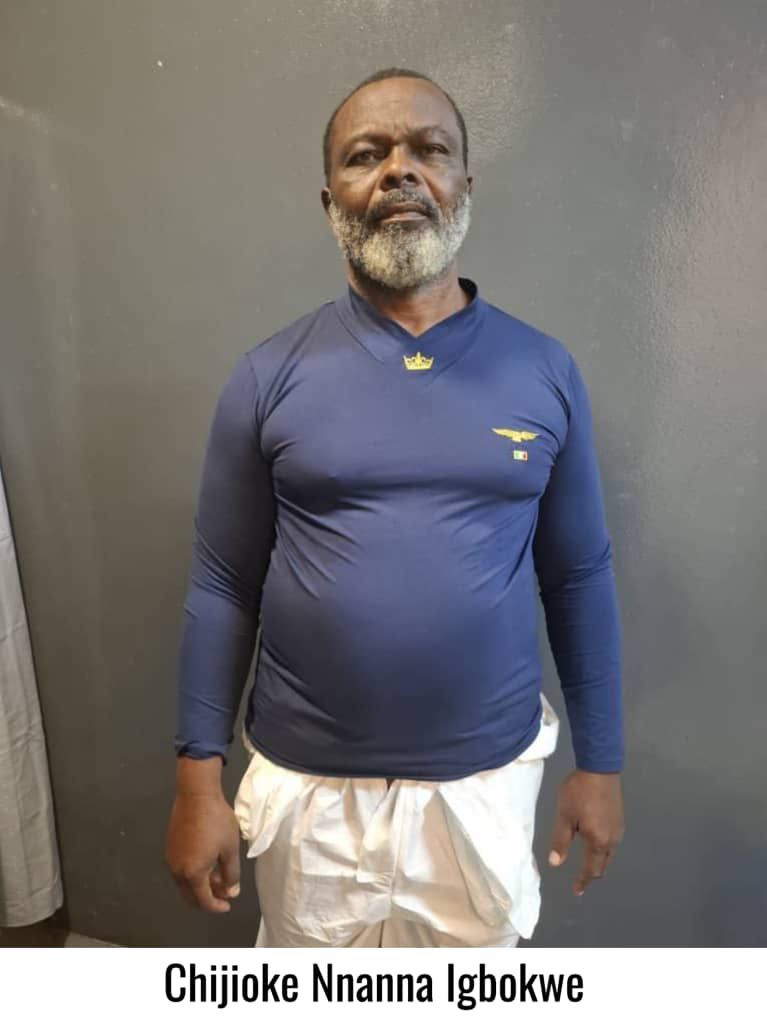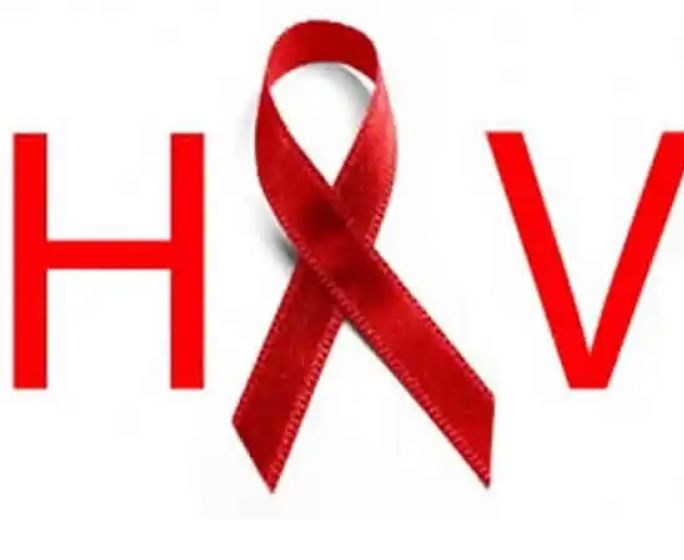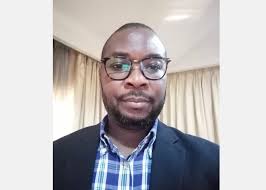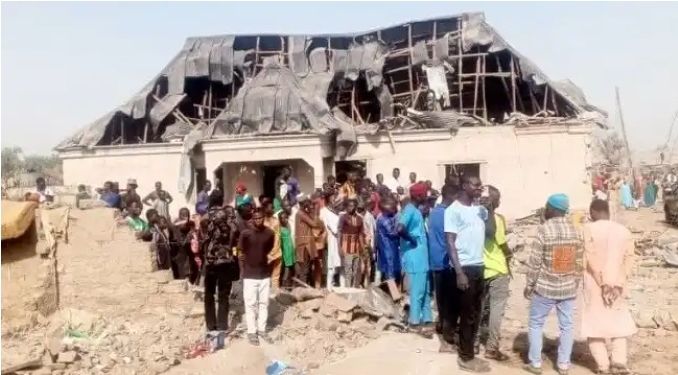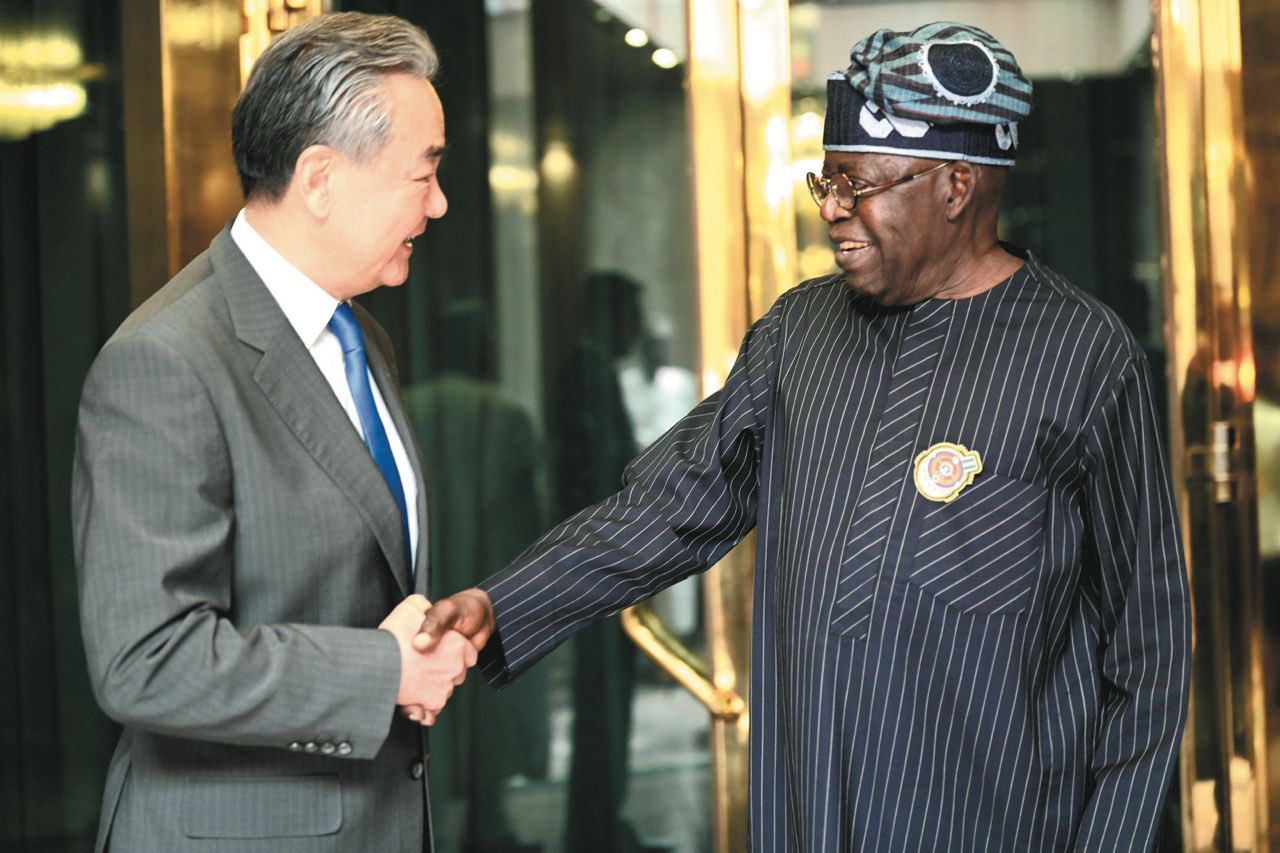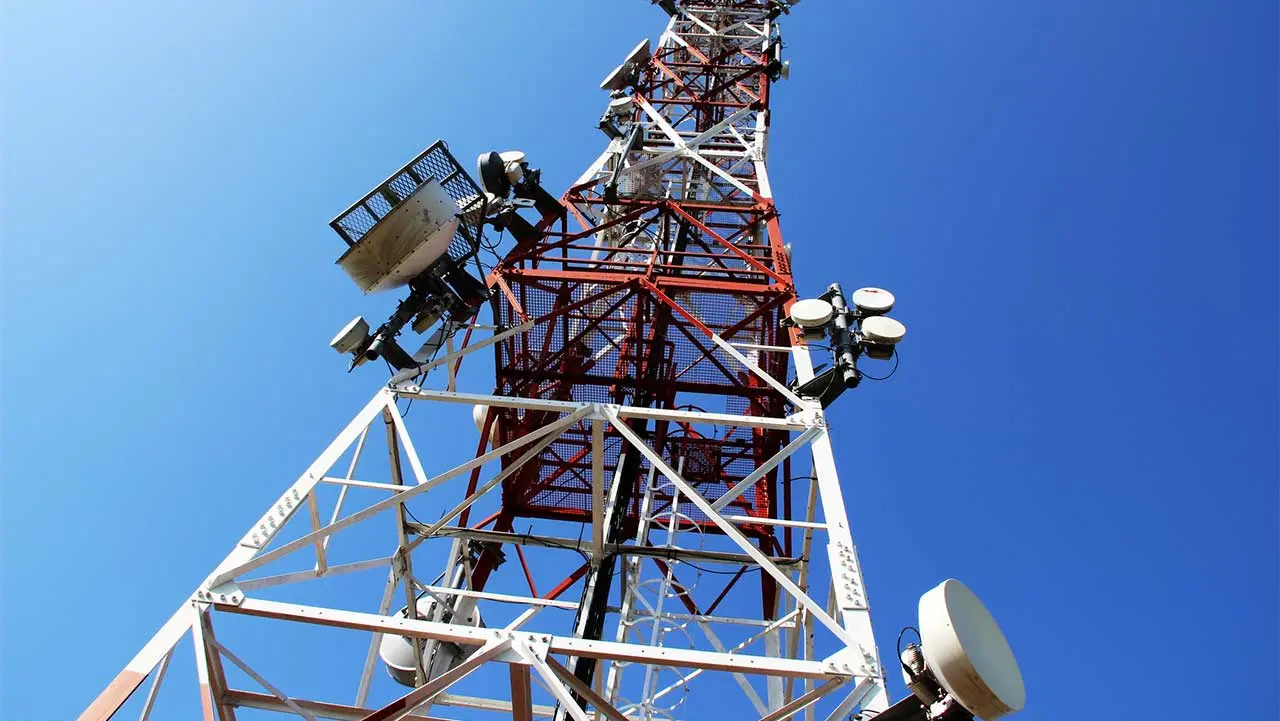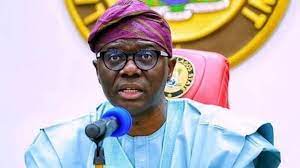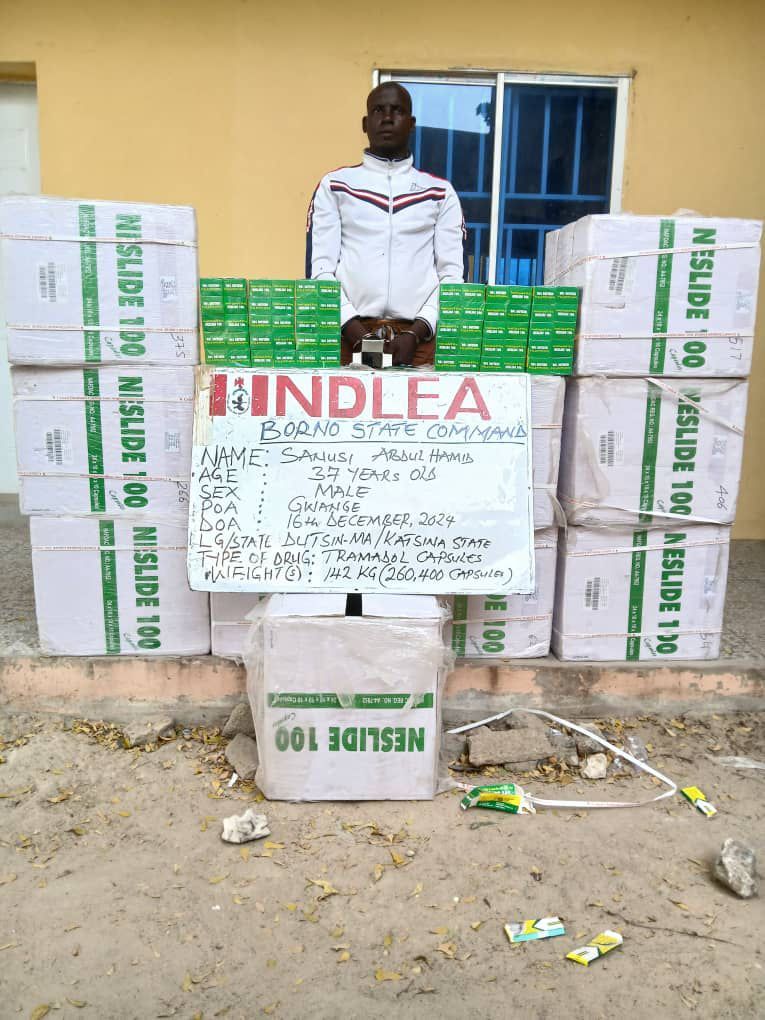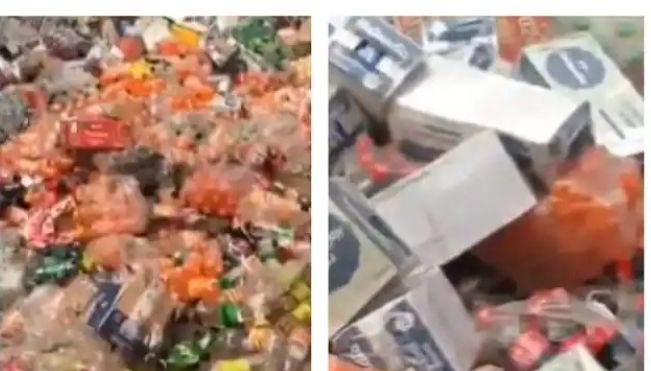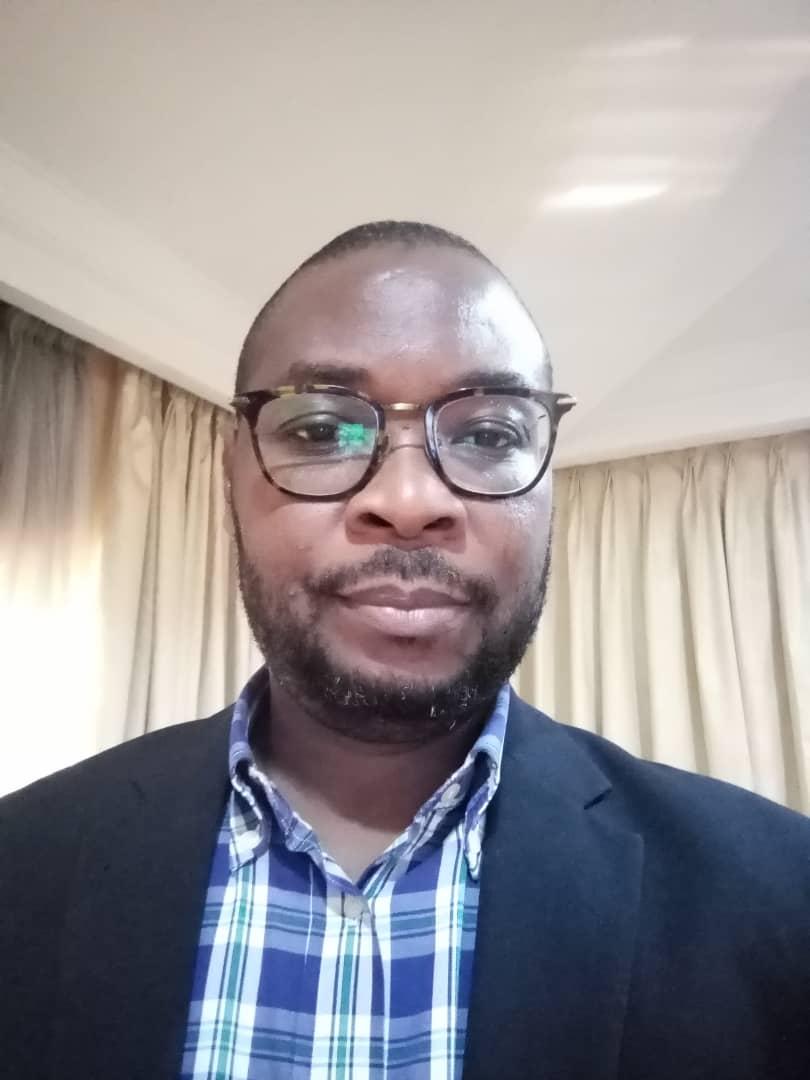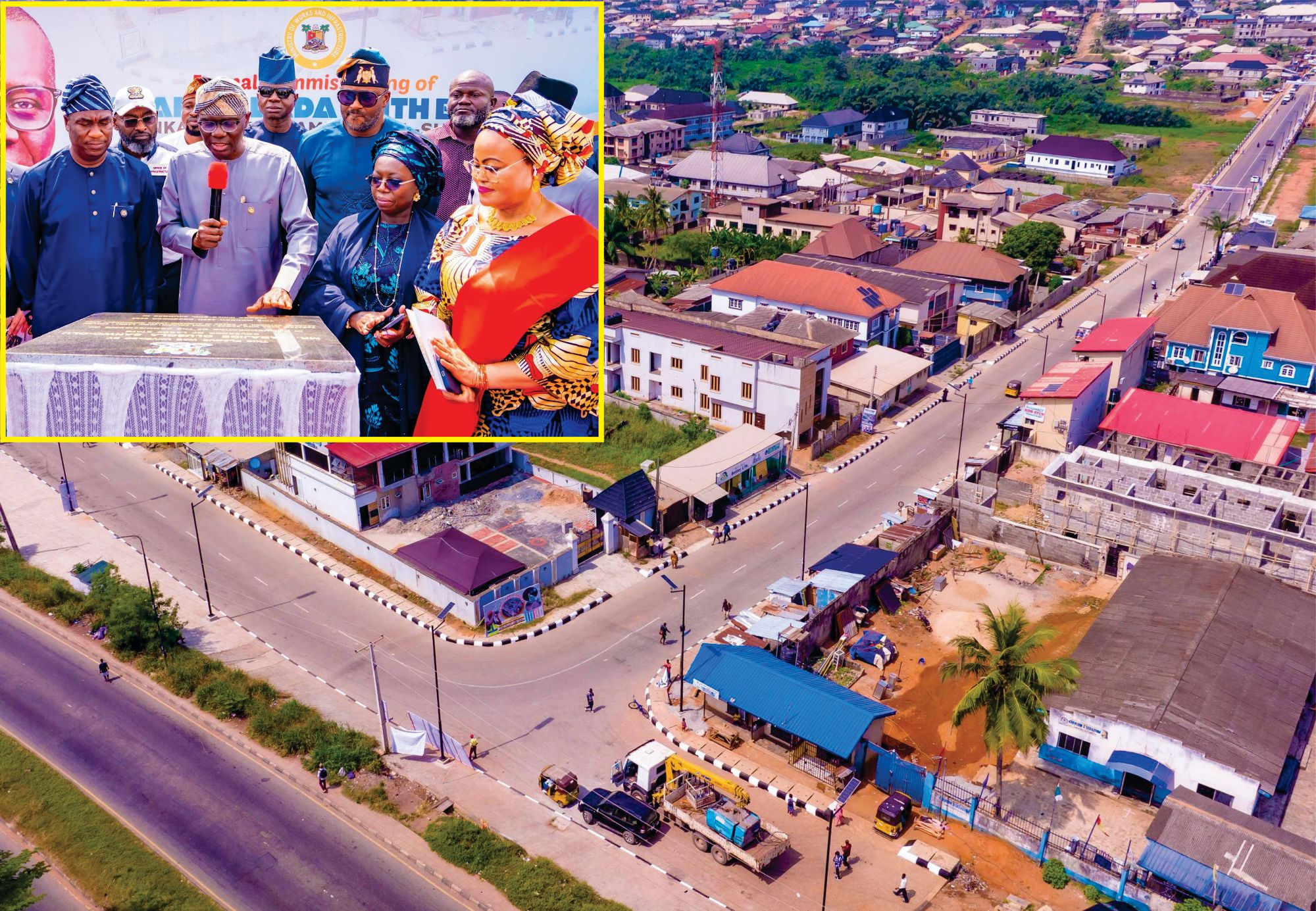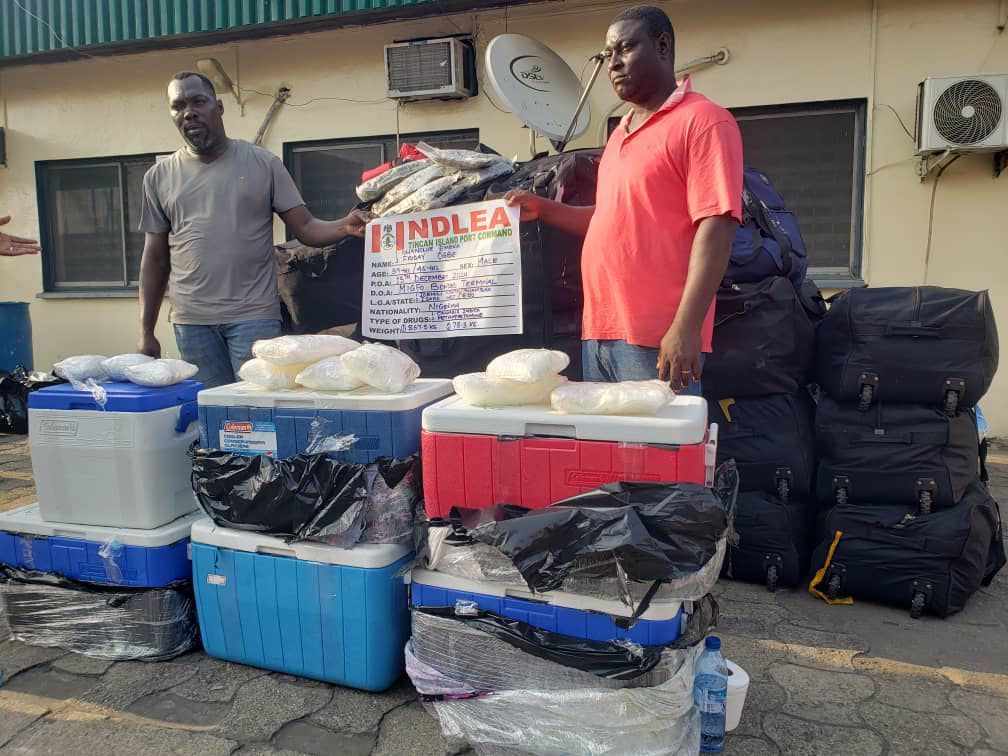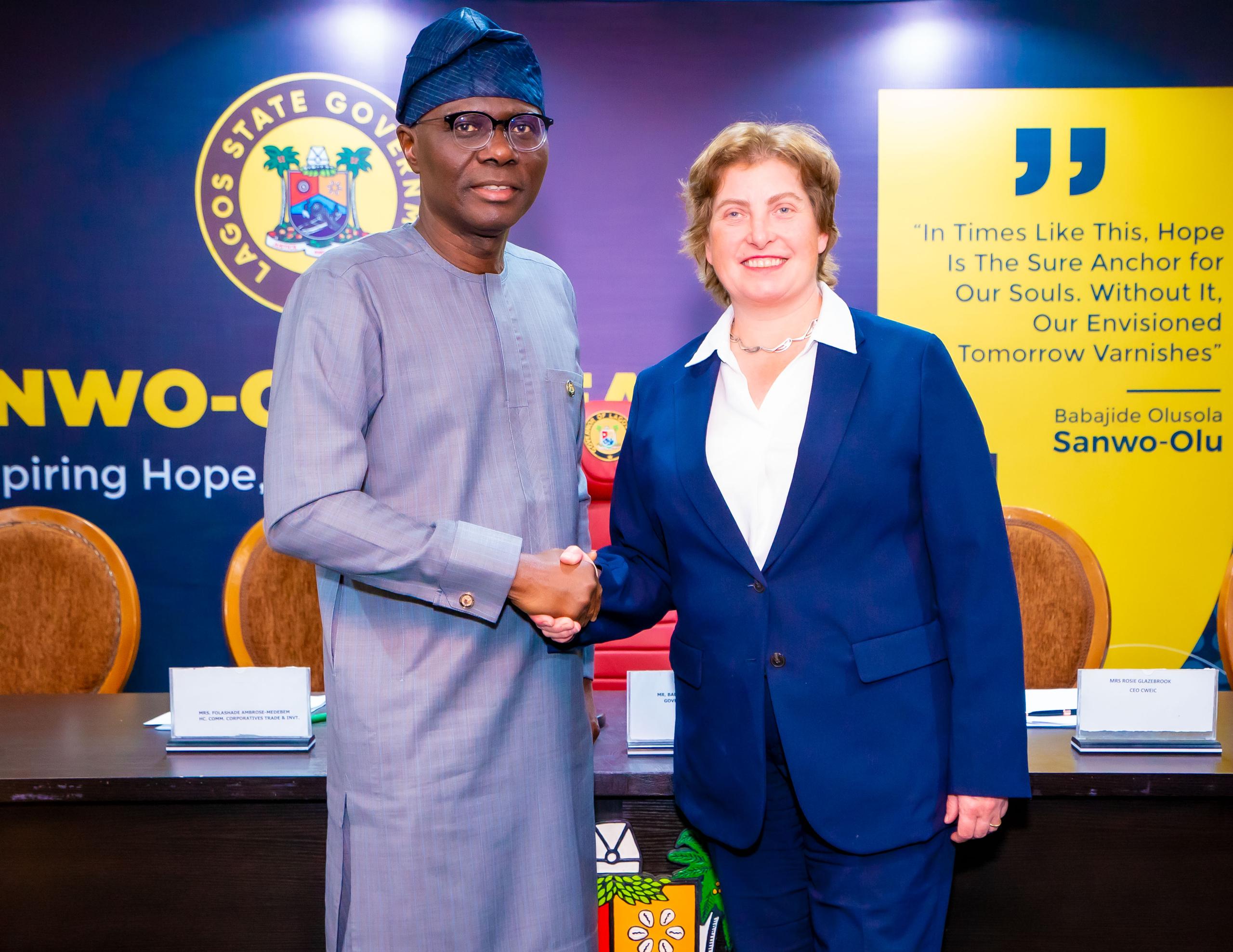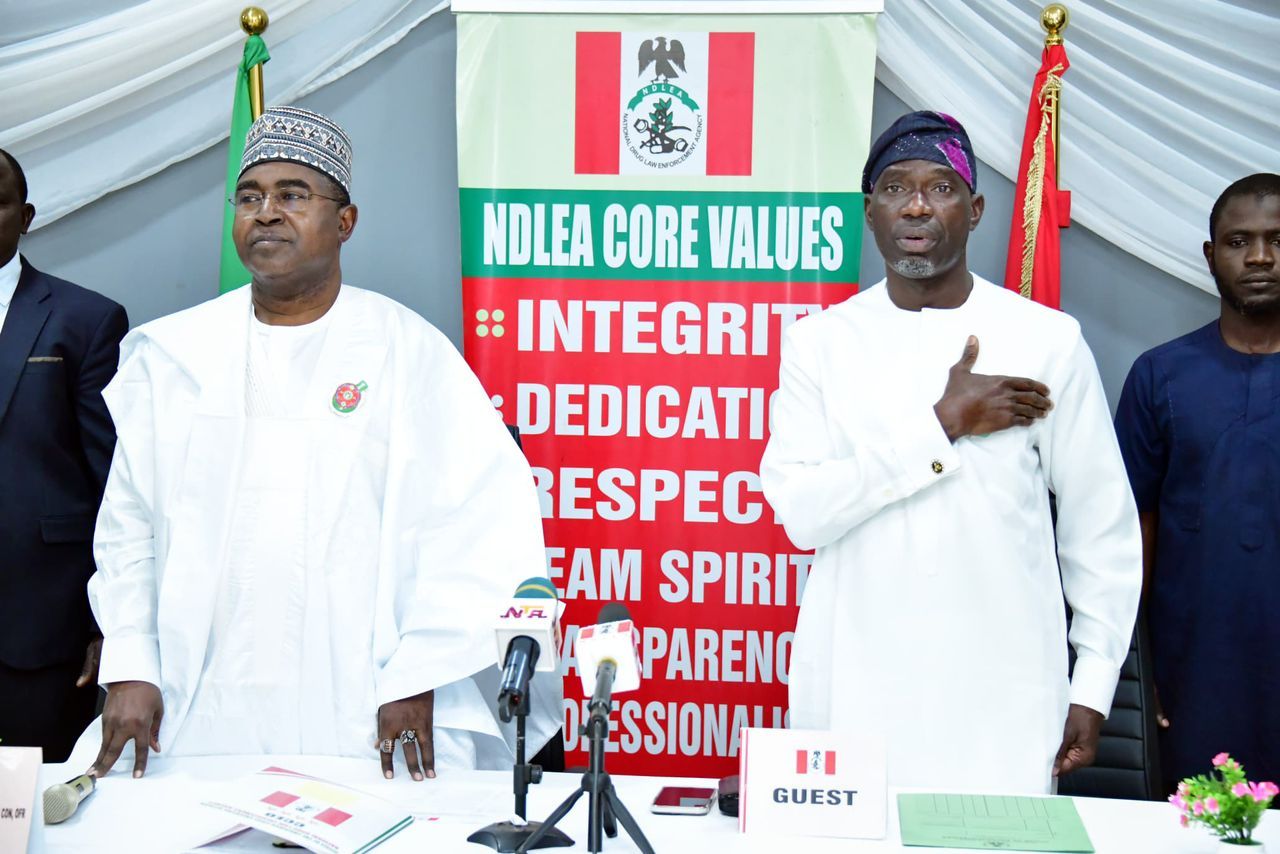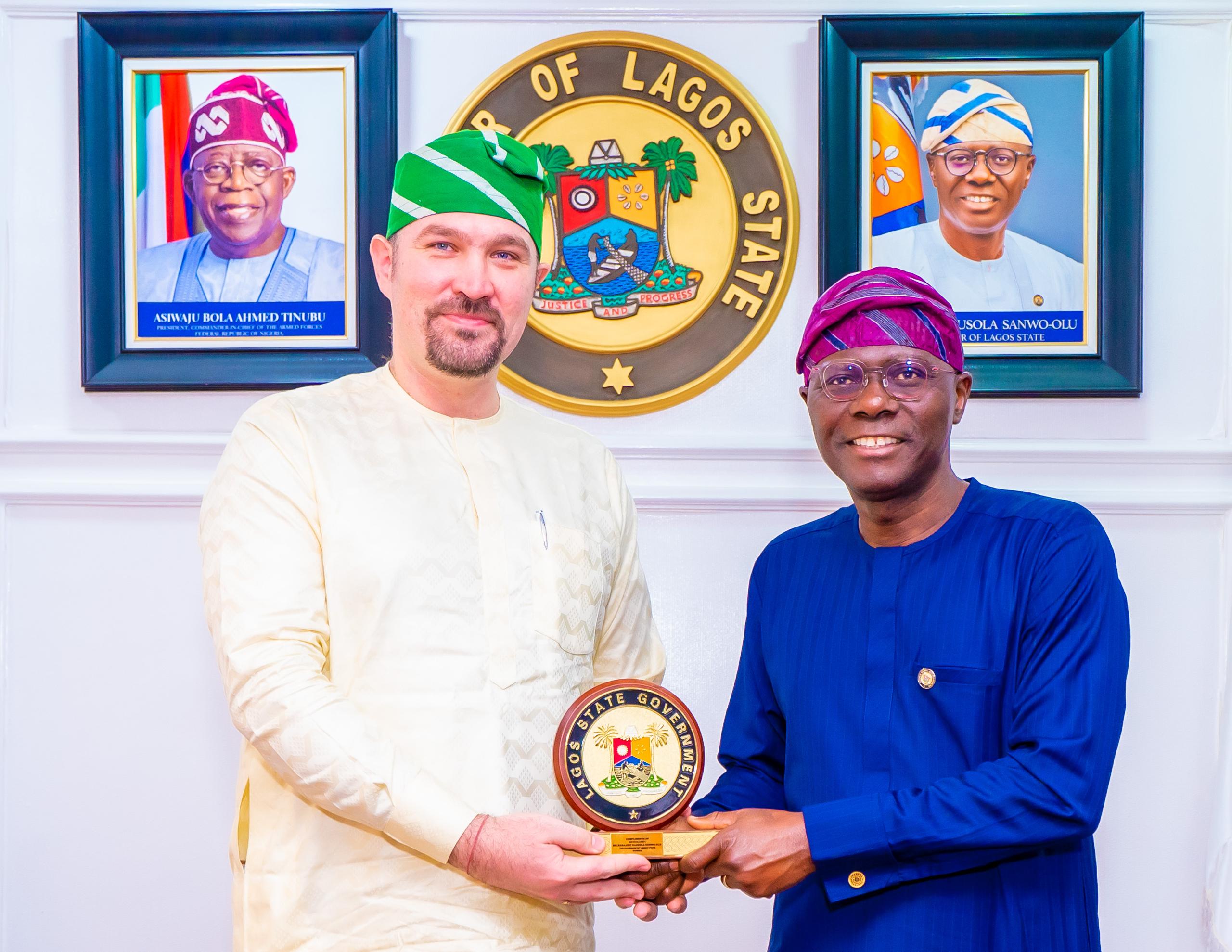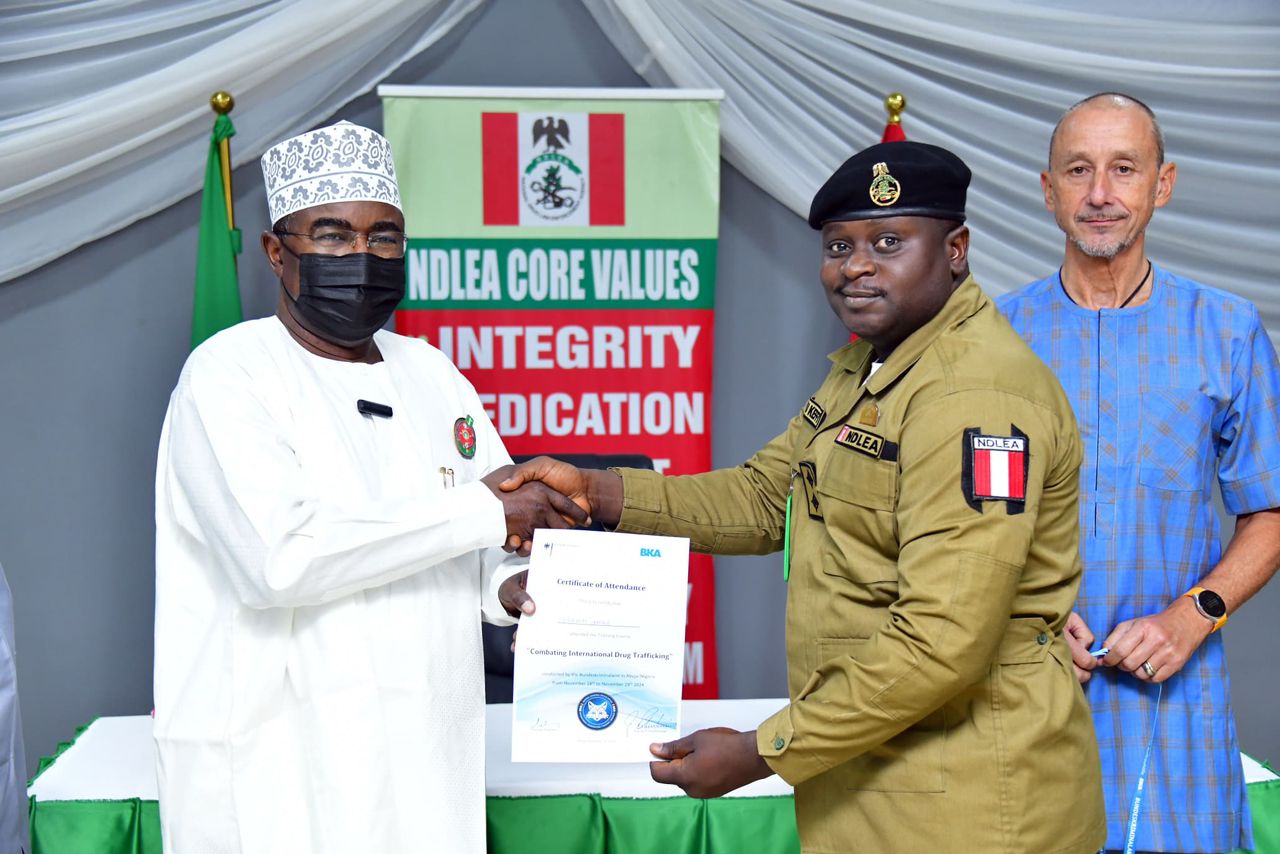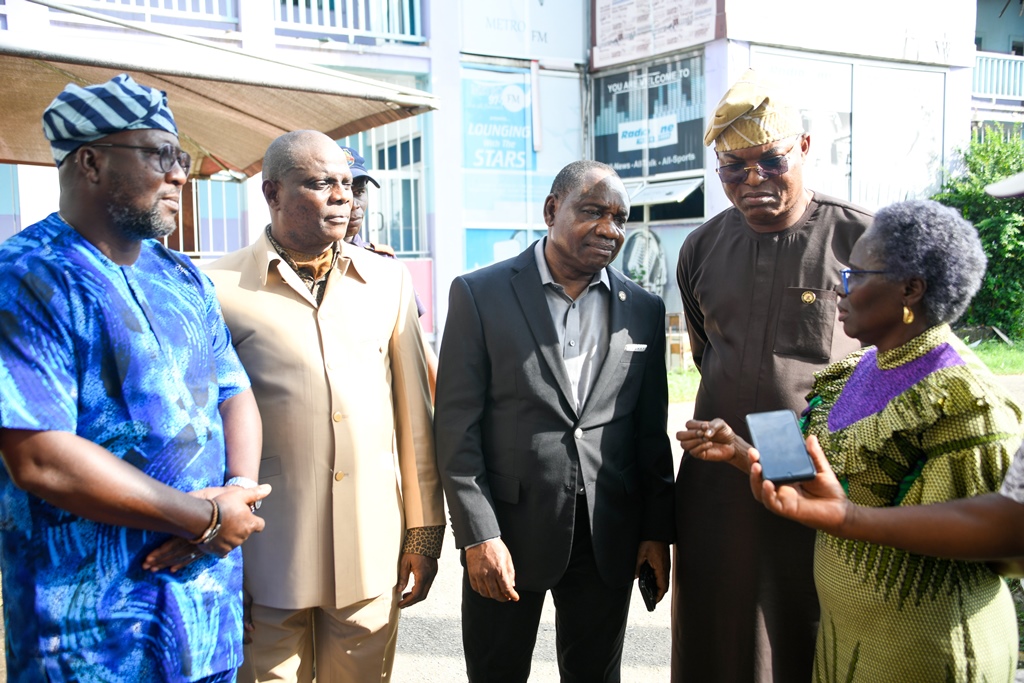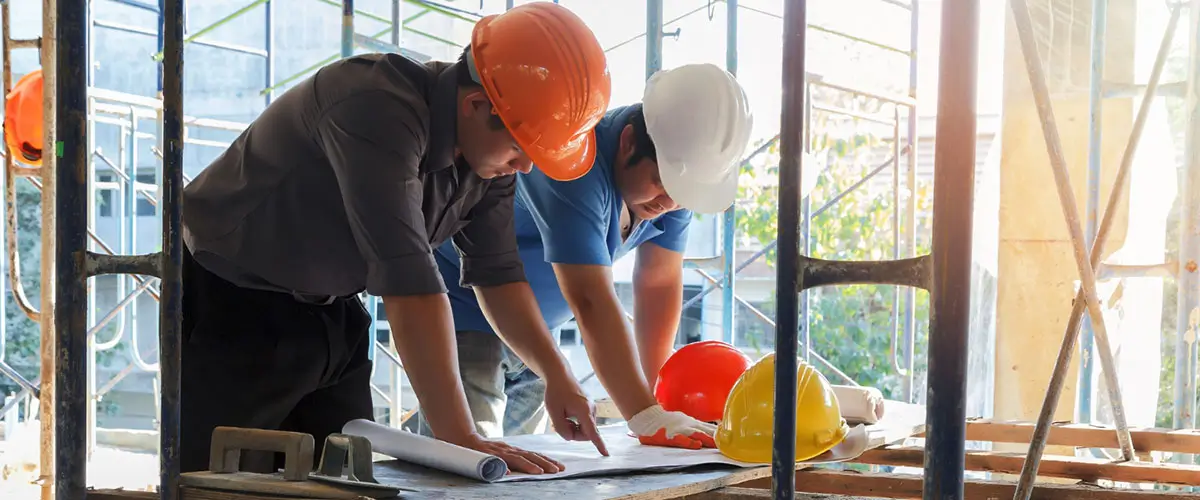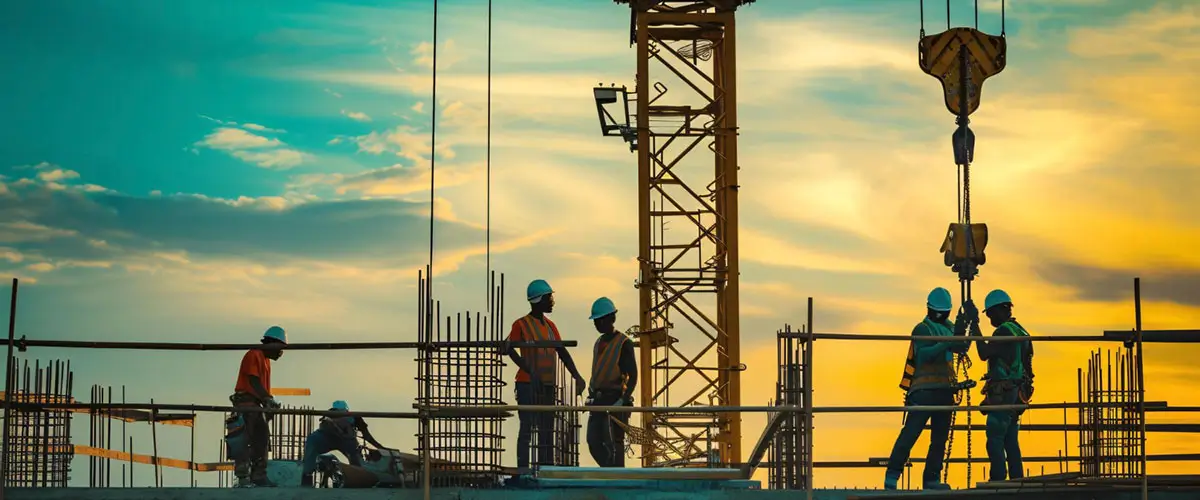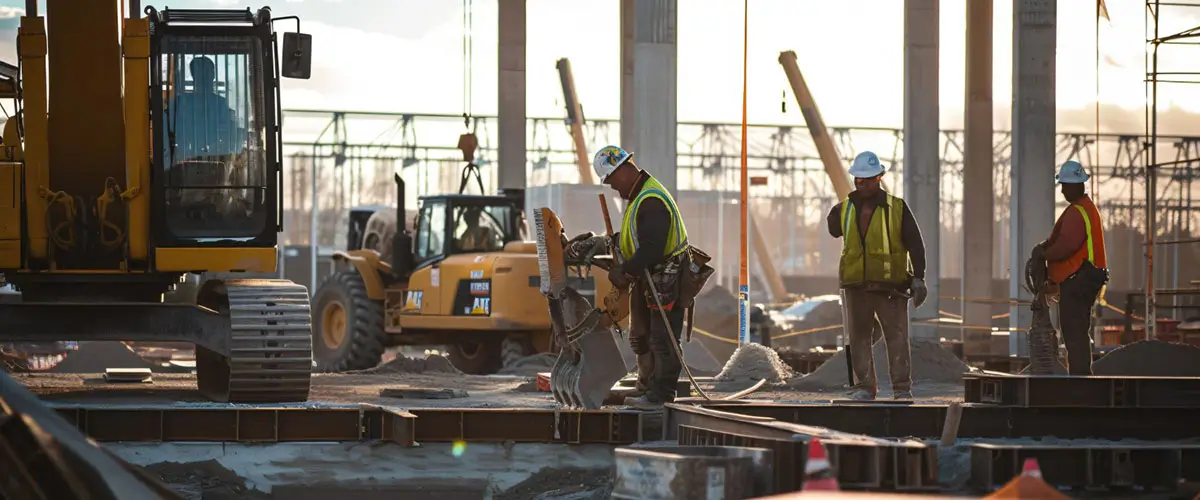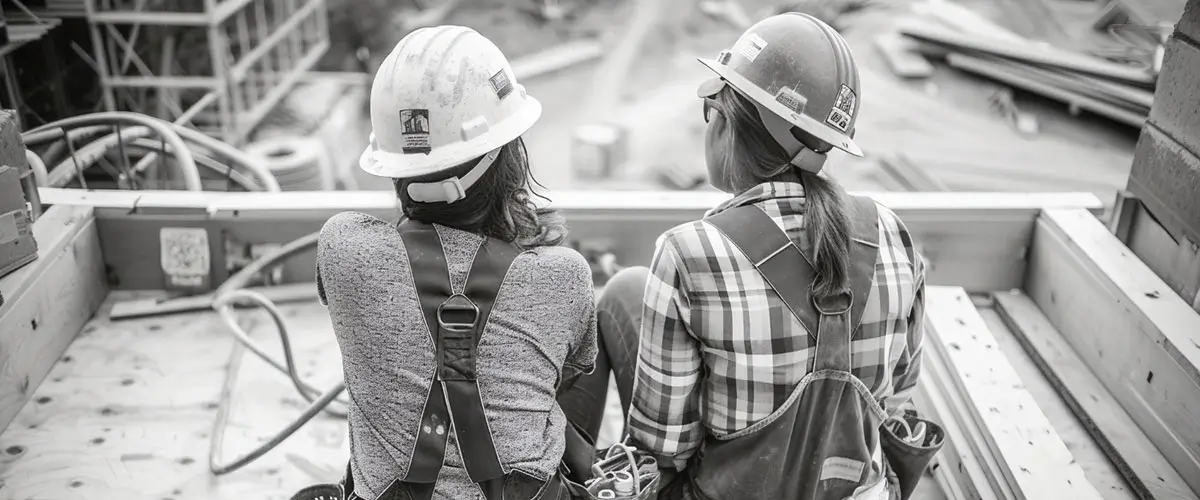… Urge govts to address environmental impact of illicit crop cultivation, drug manufacture and use
Heads of drug law enforcement agencies in Africa have called for the setting up of specialized courts to try drug cases and other organized crimes across the continent.
This was part of recommendations adopted at the end of the weeklong 31st Meeting of Heads of National Drug Law Enforcement Agencies, Africa (HONLAF) in Abuja on Friday 29th September.
According to them, “Governments should consider the establishment of national specialized
courts and asset recovery offices dealing with organized crime and money laundering and supporting tracing, recovering and management of proceeds of crime. Governments are encouraged to make effective and full use of existing informal regional and international cooperation instruments aiming at facilitating investigations and prosecuting organized crime including drug crimes and related money-laundering, including West African Network of Central Authorities and Prosecutors (WACAP), Asset Recovery Inter-Agency Network for Southern Africa (ARINSA), Asset Recovery Inter-Agency Network of West Africa (ARINWA) as well as the UNODC CRIMJUST programme.”
They also urged governments in African countries to promote cooperation and the
sharing of best practices in the confiscation of proceeds of crime, including
drug-related cases. “Governments should adopt adequate legal and regulatory frameworks on virtual assets, including cryptocurrencies, to prevent and combat their use for drug-related crime and money-laundering.”
Other recommendations adopted by the HONLAF working group during the annual meeting include asking African governments “to develop and implement drug policy
responses that address, indirectly or directly, the environmental impact of illicit crop
cultivation, drug manufacture and drug use, taking into consideration positive and
negative effects;
“Governments are encouraged to empower indigenous people, youth groups
and local communities to protect the land, forest reserves and water sources in their
areas, making the best of local knowledge and in line with local interests and needs;
“To address the challenge of limited data, countries are encouraged to
promote research and monitoring systems to collect data and establish baselines on
environmental impact, which will allow for evidence-based interventions and impact
assessment;
“Governments are encouraged to strengthen their capacity to safely dispose
of seized drugs, chemicals and the precursors and drug waste, utilizing guidance
available from relevant national organizations as well as UNODC;
“Governments are encouraged to increase domestic collaboration between
law enforcement agencies and other relevant national agencies, such as the ministries
of environment and agriculture.”
Meanwhile, delegates and participants at the meeting were on Thursday 28th September treated to a gala night dinner by the host agency, the National Drug Law Enforcement Agency, NDLEA, where the special guest of honour at the evening event, Secretary to the Government of the Federation, Senator George Akume charged them to implement agreements reached during the conference.
“Beyond the relaxation and camaraderie of the evening, Nigeria looks forward to a fruitful result of the various deliberations of the past few days, particularly in areas of joint operations and regional cooperation. We hope that in another year, and elsewhere, when we hear of the report of this 31st HONLAF, we will be able to look back with nostalgia at the Abuja meeting”, the SGF who was represented by the Permanent Secretary, General Service Office, Dr. Maurice Nnamdi Mbaeri stated.



